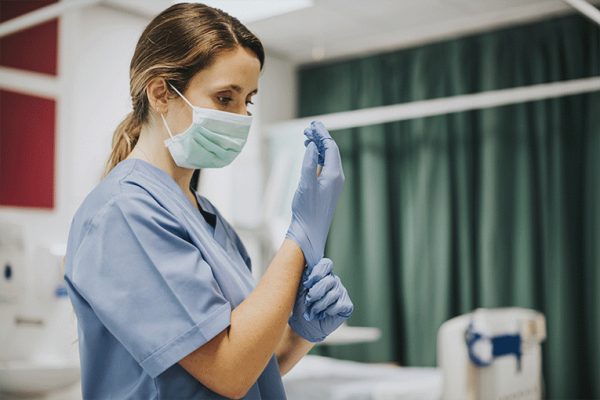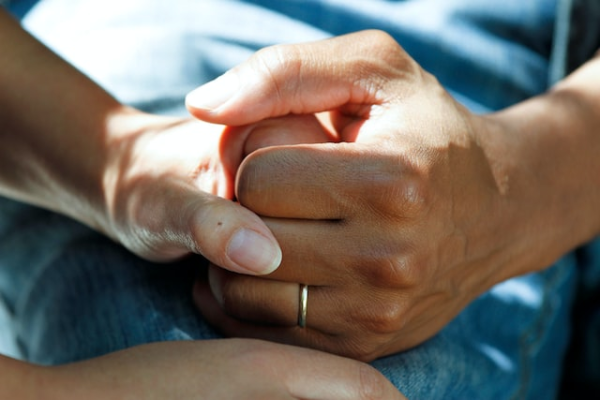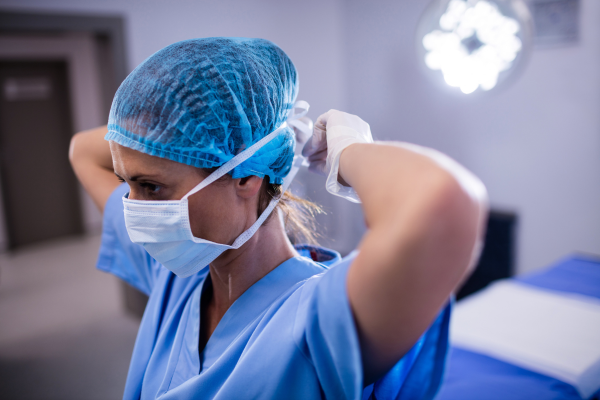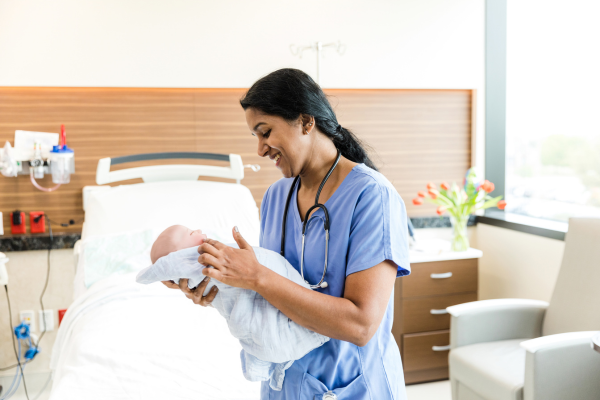Being a Delivery Room Maternity Midwife in the COVID-19 Crisis

The job of a Delivery Room Maternity Midwife is perhaps one of the most rewarding roles there is. The experience of bringing children into this world and unique relationship developed with pregnant women is unparalleled by any other healthcare profession. On a typical day, it is normal for a midwife to be up close and personal with birthing mothers, which is crucial for ensuring safe birth and a calm mother. But this part of the job is made far more complicated by the COVID-19 Crisis. We will investigate how a Delivery Room Maternity Midwife can adapt to enable the best and safest birthing experiences possible.
The role of a Maternity Midwife
A Maternity Midwife is largely responsible for taking care of women prior to and following labour. They play an incredibly important role in preparing women for birth, which includes both physical and emotional support. A delivery ward midwife will monitor and oversee birth in the delivery ward. Tasks might include taking urine samples, monitoring contractions, heart rate monitoring and supporting parents through their journey.
Birth is not always straightforward. It can be fast-paced, situations change quickly, occasionally involving the need for emergency surgery at a moment's notice. Sometimes, women experience birth trauma. During this time, physical touch, reassurance and support is a very important part of ensuring women are okay throughout the process.
How Covid 19 has changed the role of a Maternity Midwife
With the new regulations brought in such as heightened use of personal protection equipment (PPE), giving birth can feel far less natural and intimate, and instead more clinical. As pregnant women are classed as a vulnerable group to the COVID-19 virus, these protective precautions are of the utmost importance and must be adhered to.
In order to protect these women, Maternity Midwives are implementing a number of protective procedures. This includes maintaining distance as much as possible from the women and using PPE wherever necessary. As well as encouraging women to remain at home until active labour, to avoid any unnecessary visits and risk infection.
If a mother in labour is presenting with signs of COVID-19, the midwives will need to take extra precautions to ensure she does not come into contact with other pregnant women, and is isolated as much as possible to avoid cross contamination in communal areas.
Contact with a woman about to deliver is important, but in the early stages of labour (which can last days) midwives are encouraged to have indirect contact. Rather than meeting in person, midwives are texting or calling their patients to provide continued emotional support in any way they can. Other midwives are providing support online through articles to guide women through these challenging times.
Supporting Maternity Midwives throughout COVID-19
Despite the regulations put in place to protect both Maternity Midwives and their patients, they still take on a certain amount of risk by going to work each day. Which is why it’s incredibly important that their patients follow the guidance provided to the best of their abilities. As the more Maternity Midwives that are capable of performing their roles, the better it will be for the patients that they support.
Find the perfect health care job with Globe Locums
At Globe Locums we specialise in placing locum health professionals like yourself in the right job for you. If you’re considering working as a locum in the UK, but aren’t sure how to begin, use our find a job tool. We also run a refer a friend scheme where our candidates can earn £250 for one successful referral. Earn more with each subsequent referral.
Have any questions? Give us a call on +44 (0)20 7229 2620.





